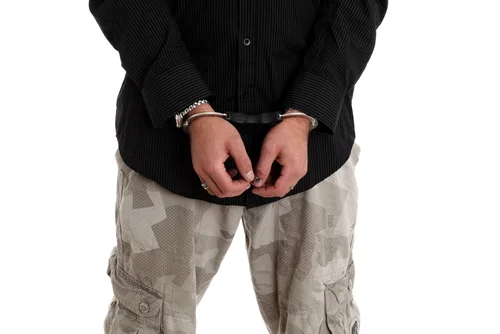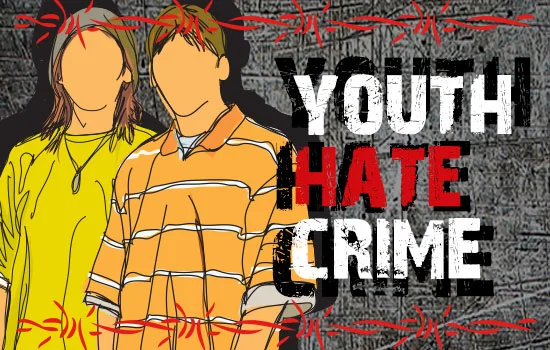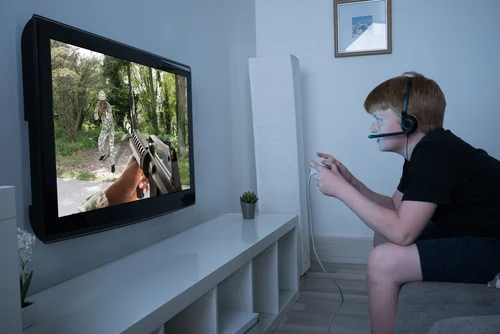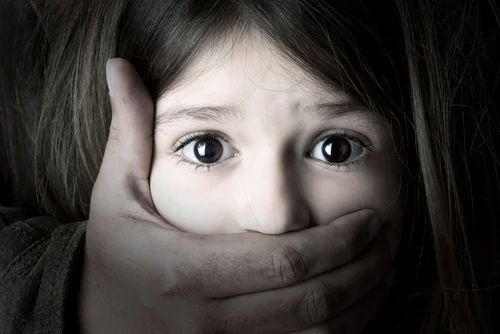+1 845 259 2974 (11 a.m to 7 p.m CST)
Rescuing teenagers from the clutches of a gambling addiction
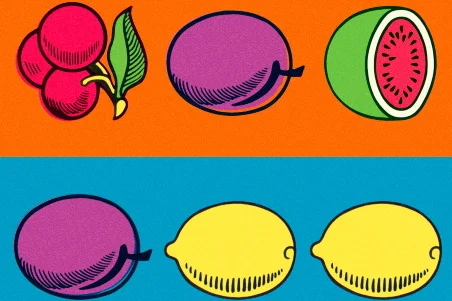
Teenagers usually get exposed to gambling at home or within their family or friends circles, through innocent card games or lotteries. The “high” they experience at winning for the first time keeps pulling them back till they eventually become addicted to that euphoric feeling. Research suggests that children of compulsive gamblers are twice as likely to become pathological gamblers as compared to those who come from normal families. According to a recent survey of American high schools, 53% of students had gambled and 7% of these students suffered from serious gambling related problems.
The biggest problem with a gambling addiction is that, unlike other addictions there are no physical signs to give away the addict. The signs of a gambling addiction are so subtle in the beginning that they can be easily missed. However, parents who suspect their teen may have a gambling problem should look out for these signs:
- Sudden change in attitude. The teen has become increasingly moody, depressed or argumentative and their progress has nosedived at school.
- Also look out for your teen having unexplained amounts of money or sudden philanthropic behavior
- You notice that more and more things of value have started vanishing from the house
- Your teen carries around a dice or stack of playing cards or is obsessed with playing poker
Experts believe that almost 4% to 7% of teens struggle with gambling addiction and the statistics of high school pathological gamblers are much higher than those of average adults. Presently, male students are leading the way when it comes to gambling addiction, but the rate of females getting addicted to gambling is not too far behind.
How to help overcome this addiction
Breaking free of any type of addiction demands the support of family and friends, gambling addiction is no different. However, the real decision to “quit” has to be made by the addict themselves. No one can make the other person give up an addiction, unless the person makes the decision to quit themselves.
Parents experience a number of emotions on discovering that their child is a gambling addict. From blaming themselves for poor parenting skills to trying to cover up this issue for the sake of saving their child from the stigma of addiction. However, as bad as a parent may feel it is crucial to remember that this is not about the parent(s) or their parenting; it's about the teenager who is alone and isolated in a very difficult situation. Their confidence and self-esteem is crushed due to this addiction. This is why a lot of teen gambling addicts choose to end their lives by suicide.
Psychotherapy for gambling addiction
Psychotherapists consider addiction of any kind to be a person’s attempt to cover up painful or difficult feelings from the past. The “high” or the adrenaline rush people get from indulging in high risk activities like gambling provide the emotional relief from the continuous struggle of subduing the hurt feelings. Gambling addicts are advised to indulge in self-help programs, seek peer support and gambling addiction counseling, follow a step-based programs such as Gamblers Anonymous or enter a rehabilitation center for teenagers. However, research shows that psychotherapy is one of the most effective ways of treating gambling addiction. People who are struggling with compulsive gambling have also been known to benefit from medication like mood stabilizers, antidepressants and medication specifically for suppressing the urge to gamble.
This might come across to you as a surprise, but gambling addiction is considered to be an impulse control disorder and is listed in the Diagnostic and Statistical Manual too. Being from the obsessive- compulsive disorder spectrum means it is an anxiety disorder and therefore needs to be treated as such.


